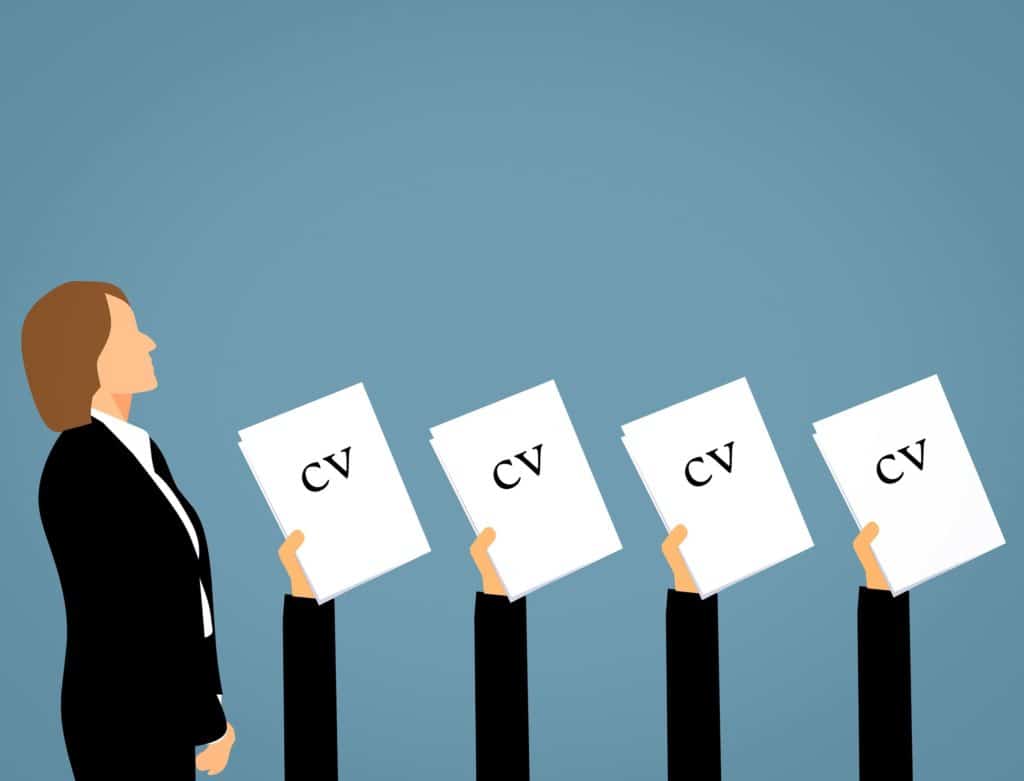Now that Australia appears to have succeeded in dealing successfully with the initial impact of COVID-19 and getting ourselves prepared, there are signs of society returning to some sort of “more normal”. Many doctors, myself included are returning their minds back towards the medical career process. With all the disruptions to the health system and society, in general, it’s not a surprise that there is also a level of uncertainty about what is happening with medical recruitment this year and some uncertainty about how best to prepare. So. We’ve prepared this medical recruitment 2020 reference for you to help you make the right choices.
If you were preparing for a new job in medicine in 2020 then here is a summary of what we advise that you should be doing right now at AdvanceMed:
- Keep an eye on the main annual medical recruitment portals. Many have already signalled that recruitment is about to commence.
- There are plenty of things you can be doing now to prepare yourself for your next career move in medicine, regardless of whether there is a clear application date, these include preparing your resume, gathering referees and beginning the process of interview preparation.
- The majority of interviews this year are likely to be conducted via videoconference, therefore, its important to invest some time and effort preparing to interview on this medium.
Let’s now look at some of these issues in more detail beginning with an assessment of where medical recruitment is up to currently in Australia.
The good news for medical recruitment 2020. Medical Internship is on track.
First the good news. The medical internship recruitment system is going ahead as planned as per the original dates for 2020. All States and Territories will begin to receive applications on 4th May 2020 and close their portals on 4th June 2020. With the majority of intern offers being sent out in July.
This is fantastic news if you are a final year medical student worried about commencing your internship in 2021. But there is one big caveat. You do have to still graduate first. And it’s reasonable to say that the majority of medical school programs have been put into disarray in Australia due to concerns about exposing medical students to COVID-19, diverting normal supervisory resources to COVID preparedness and enforcing social distancing in clinical environments, which has significantly challenged clinical placements which are absolutely important in the final years of medical school.
The Australian Medical Council, Medical Board of Australia and Medical Deans have been working together to put in place changes and processes to assist medical students in completing their education on time, which should help.
But one of the paradoxical outcomes of Australia being more successful in dealing with COVID-19 is that there hasn’t been a mad rush to adopt alternative models of placing medical students in pre intern posts as has occurred in other countries like the United Kingdom and the United States.
So it remains somewhat uncertain whether there may be a decline in the number of intern positions taken up in Australia in 2021.
The Not So Good News. Some Colleges have delayed Selection into Training.
The not so good news is that some colleges have made announcements in relation to delaying their normal selection into training processes. In particular, the Royal Australasian College of Surgeons has indicated that its selection into the various SET programs for 2021 is delayed until further notice. My information is that RACS is hoping that they may still be able to conduct their normal panel interviews in person later in the year.
Other colleges have indicated that there may be some disruptions but that selection into training will still occur. Many like the Royal Australian and New Zealand College of Obstetricians and Gynaecologists have indicated that interviews will be conducted using videoconferencing.
Of course, some colleges have more “skin in the game” for selection into training posts than others. So there has been little or no impact for example on the Royal Australasian College of Physicians, which generally selects trainees for Adult Medicine and Paediatrics into basic training after they have secured an employer post. And does not conduct interviews for selection.
The Mixed News. There Is Some Disruption to the Annual RMO Campaigns.
The mixed news is that the impact of COVID-19 preparedness and uncertainty around some college selection processes has caused some of the State and Territory Departments of Health to place notices on their jobs board indicating that there will be some impact on annual medical recruitment related to COVID-19.
In particular, NSW Health has, as of the writing of this article, placed a pause on its process and indicating it is considering a range of options for medical recruitment. And the Postgraduate Medical Council of Victoria has placed a pause on its selection to Radiology training posts.
However, a scan of most of the other State and Territory medical recruitment campaign sites, for example, Western Australia and Queensland, appears to indicate that these jurisdictions are on schedule to open as planned.
So What Does This All Mean?
My interpretation of all this information is that there is likely to be a small level of disruption to the annual medical recruitment processes across Australia. However, the combined fact that internship is on track and that many of the States and Territory RMO campaigns appear to be “situation somewhat normal” would indicate that annual medical recruitment is likely to commence on or near to normal schedule across Australia. States like NSW and Victoria are unlikely to totally abandon or significantly delay their systems if other jurisdictions are going ahead.
Expect, perhaps, that some positions, in particular ones linked to college selection, might be delayed to a later round and recruited to a little bit later than usual.
How Best To Prepare Yourself In These Uncertain Times.
So what advice do I have for medical trainees who would like to know how they can prepare themselves for medical recruitment in 2020.
Enact Your Medical Selection Plan Now.
My first piece of advice would be to try and treat the process as you would normally do. That would mean for most doctors that you should be enacting the first part of your plan now if you have not already done so.
Of critical importance will be your Resume. There’s plenty of advice on this blog about how you can make this document stand out. You should be aligning this with the competencies being sought for the position/s you are intending to apply for. Think about adding in a story about COVID-19 2020 that shows off one of these competencies. Ensuring that you have relevant, recent and diverse referees to speak on your behalf is also something you can be doing now.
You should also be thinking about starting your interview preparation. Many candidates that I coach start this process far too late. In my experience, there is little risk of starting too early (you can always pause for a bit if you lose momentum). Interview skills are like muscles. They need regular training to help you show your best on the day. The problem is. If you haven’t interviewed for a while. This muscle is likely to have atrophied.
Review Your Video Conference Set-Up
Finally, it’s important to understand that your next doctor job interview is most likely to be conducted on something like Zoom. There are significant differences in interviewing on video versus in person. Both from a technical perspective as well as from a practice perspective.
You should definitely be reviewing and modifying your videoconference set up and your environment as well as actually practising interview questions using video. The latter is actually a good idea in general as it affords you the chance to record and review your performance.
To help you with this challenge we’ve written a specific blog post on the topic.


